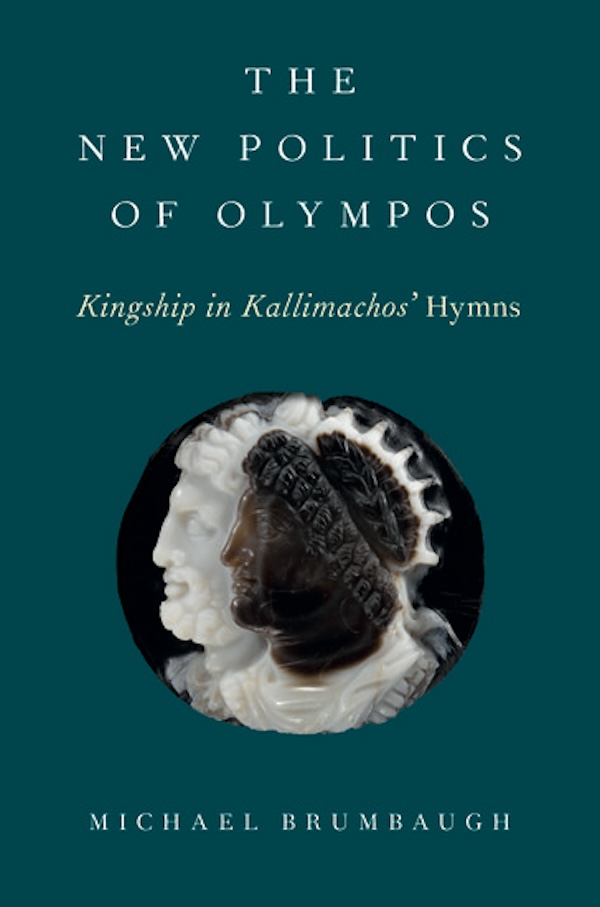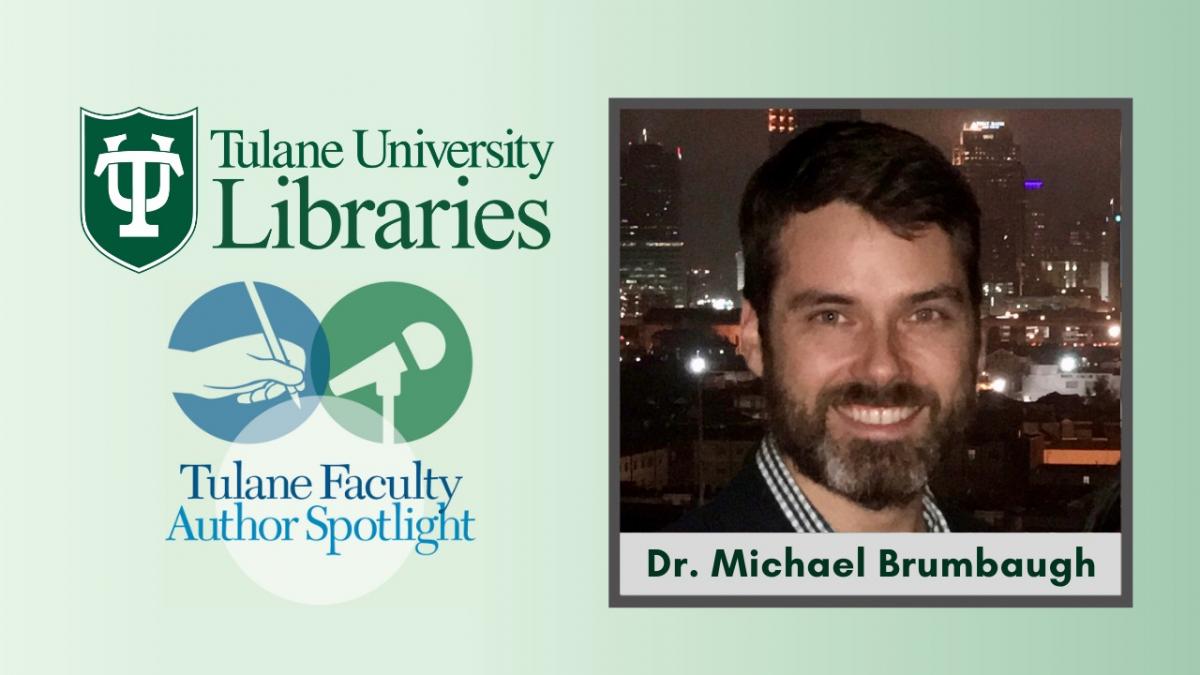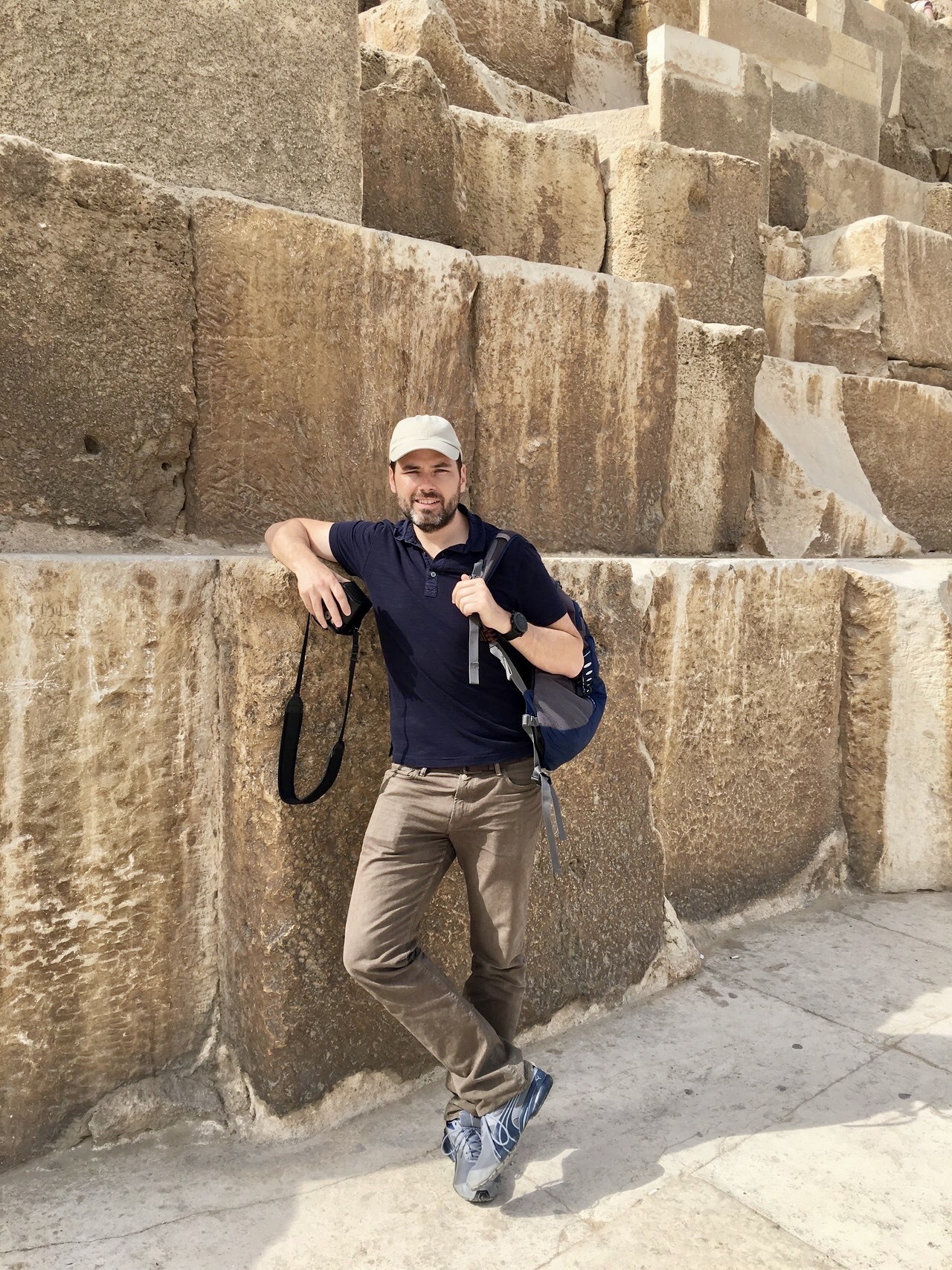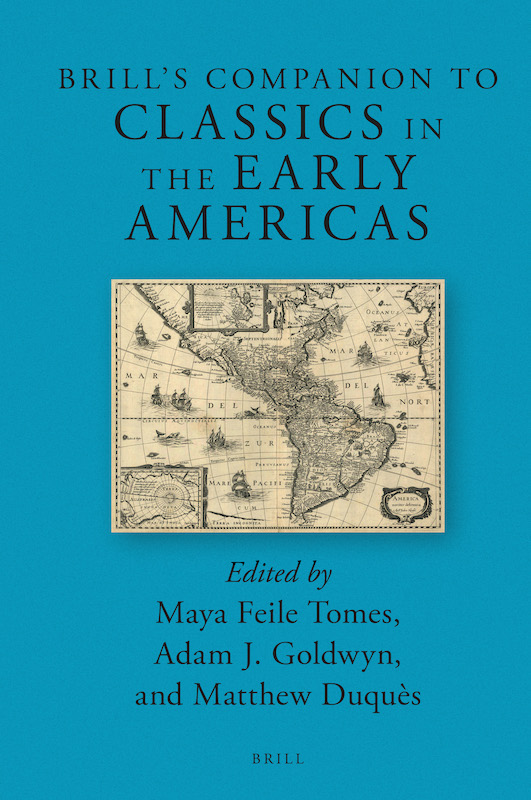Josep Manuel Peramàs
Edited and translated by Michael Brumbaugh
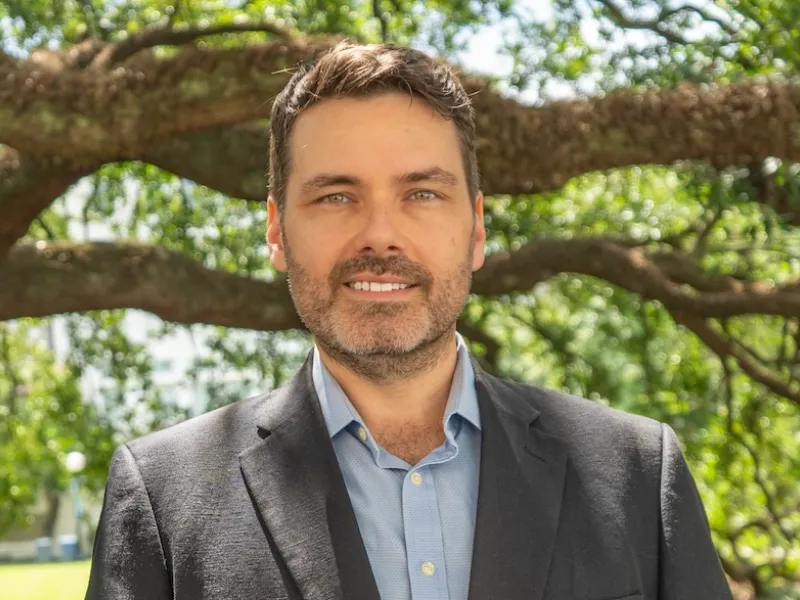
Biography
I came to Tulane in 2013 and currently serve as an Associate Professor in Classical Studies, Core Faculty in the Stone Center for Latin American Studies, and Associate Dean for College Curriculum and Policy in Newcomb-Tulane College. I teach courses both in and on the Greek and Latin languages as well as courses and seminars on Graeco-Roman literature and culture in English at all levels. My research examines political thought in ancient Graeco-Roman literature and the ways in which such literature featured in subsequent political discourses from the Hellenistic era to the early modern period. I am particularly interested in examining these dynamics in contexts where diverse wisdom traditions and sources of authority collide.
In my first book, The New Politics of Olympos (Oxford, 2019), I offer the first full-scale investigation of Kallimachos’ Hymns, the earliest surviving, author-edited poetry book in the world. This study contextualizes the poet’s project alongside earlier Greek traditions as well as those discourses on power, authority, and kingship leveraged in Egypt as Macedonian rulers sought to construct new political regimes out of existing Hellenic, Persian, and Egyptian traditions. The book further suggests new ‘intratextual’ readings of the hymns made possible by the author’s organization of these poems into a book late in his career. In this light, Kallimachos’ constellation of hymns about the divine family ruling atop Mt. Olympos comes to be seen as a mirror for princes, reflecting, interrogating, and even shaping the ideologies and ruling dynamics of the Ptolemaic kings and queens, whose power relied in part on their self-fashioning as living gods for both Greek and Egyptian audiences. Several issues raised in this study are explored in greater depths across a series of articles investigating how Greek praise poetry sought to influence the ethical and political norms of contemporary society.
My second book, Josep Manuel Peramàs: A Treatise on the Guaraní System of Government in Comparison with Plato’s Republic (Harvard, 2024), brings to light a long-neglected study of Indigenous communities in colonial Paraguay that many in early modern Europe saw as the realization of the utopian society imagined by the ancient philosopher Plato. In this volume, I offer an introductory essay, a corrected edition of the 1793 Latin text, its first ever English translation, and notes. This book serves as the inaugural volume in a new series, Texts from the Early Americas, published by Dumbarton Oaks and Harvard University Press. The newest member of the so-called ‘Loeb Progeny,’ this exciting new series aims to make primary sources by and about Indigenous peoples of the early Americas available to both scholars and general readers alike. In connection with the treatise on Plato and the Guaraní, I am also working on a closely related monograph project, Plato in Paraguay, that interrogates early modern engagement with Mediterranean antiquity and its political modalities in the context of reform movements during the so-called Age of Revolutions (1775–1848), particularly in Europe and the Americas.
This and other research has been supported generously by the Loeb Classical Library Foundation (2020/21, 2016/17), the National Endowment for the Humanities (Summer 2020), the Lavin Bernick Grant (2019, 2017), the Lurcy Grant (2017, 2015) the Fondation Hardt (2015), Dissertation and Cota Robles Fellowships at UCLA (2006-2011), and the Andrew W. Mellon Foundation (2005/06).
I received my Ph.D. and M.A. in Classics from the University of California, Los Angeles (2011 and 2007) and my A.B. in Greek and Latin from Colgate University (2004). Before coming to Tulane, I taught at Princeton University, Reed College, and UCLA.
Major Publications
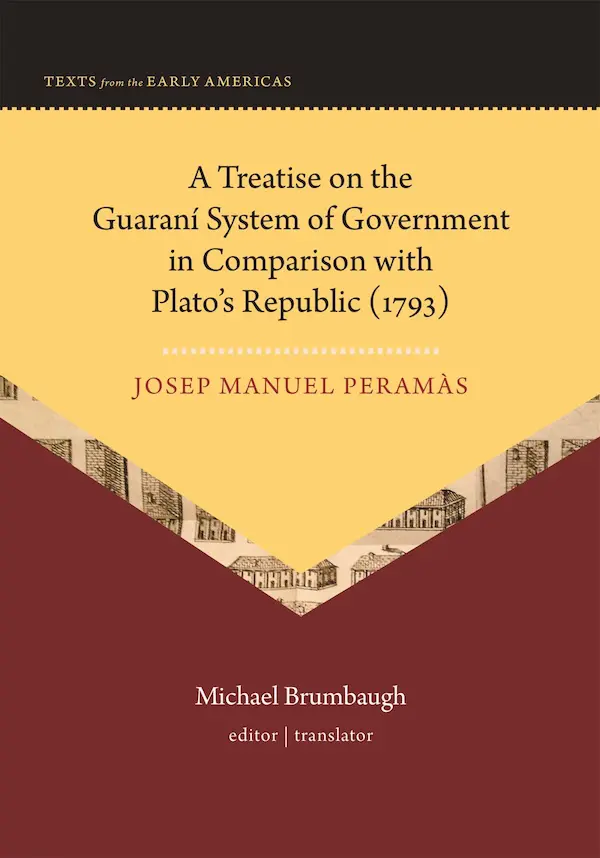 A Treatise on the Guaraní System of Government in Comparison with Plato’s Republic (1793)
A Treatise on the Guaraní System of Government in Comparison with Plato’s Republic (1793)


